In previous posts, we have shared the story of the second grade prayer walk that deepens the learning of our social studies unit on Communities. Students learn about community in the classroom and then engage in the work of being community builders by walking through Byron Center, meeting business owners and employees, and praying for businesses. Teachers have found this learning experience to be very powerful for students as they not only expand their knowledge of the subject, but also actively engage with their community.
However, this year we were reminded that God is constantly working through people and plans. A few weeks after their prayer walk, the class learned that one of the businesses they prayed for suffered some damage. Upon hearing this, students wanted to go back to pray again and to send cards showing support and offering to help.
This is what transformational learning is all about. Students were able to see a need, or in this case a problem, and find a way to be the hands and feet of Jesus. While a seven year old may not be able to repair a building, we still want our students to let God work through them. Our second graders brought powerful words of peace, support, and care. In all that we do, we must glorify God by caring for others. Our deep hope is that God continues to transform the hearts of our students so He can be exalted through their learning and their work.


























